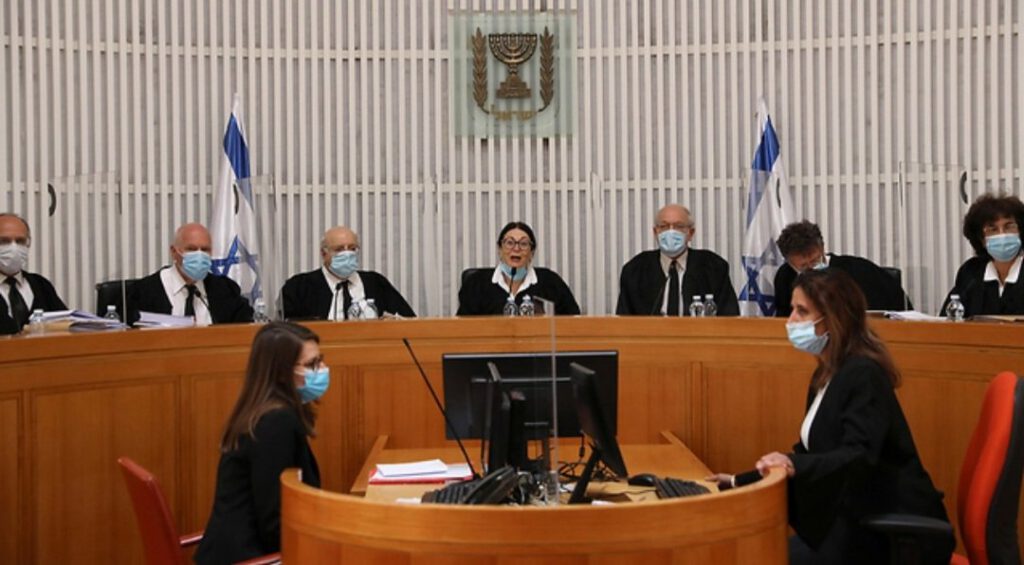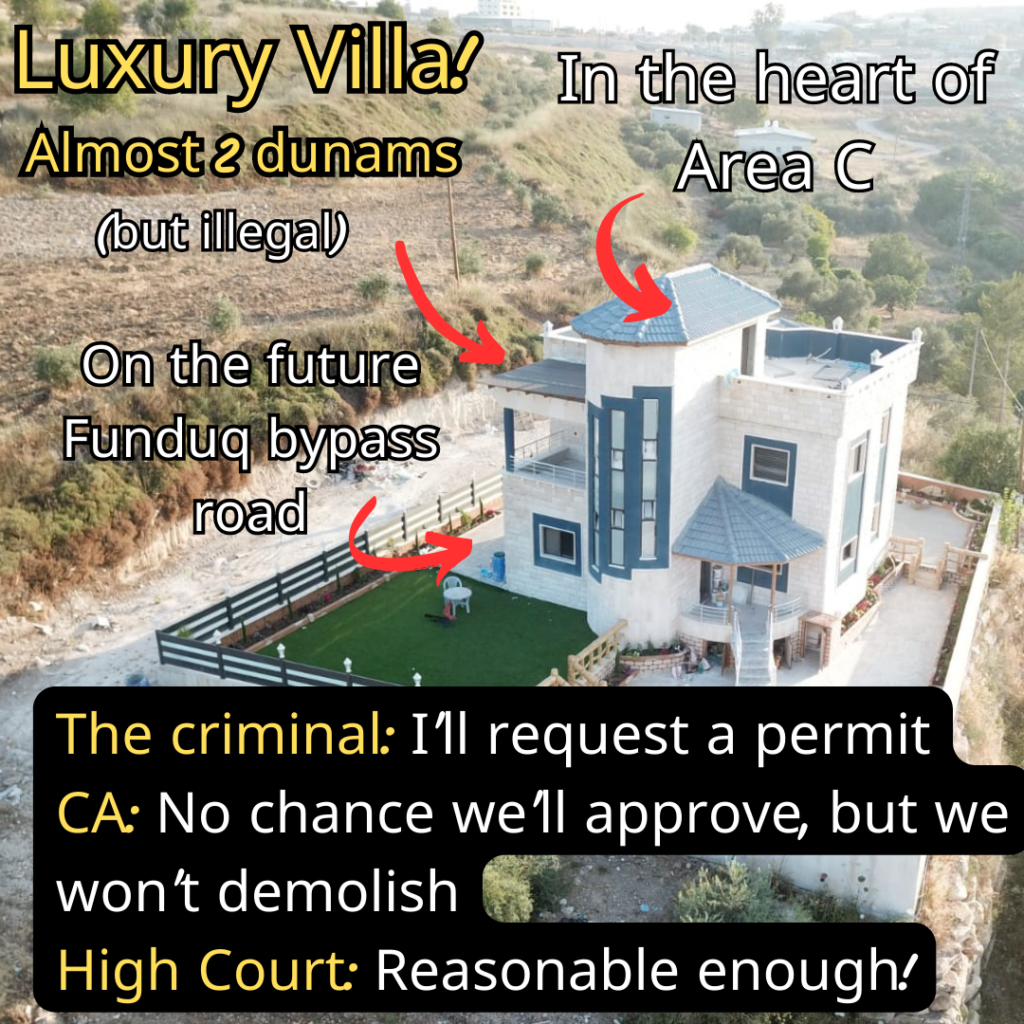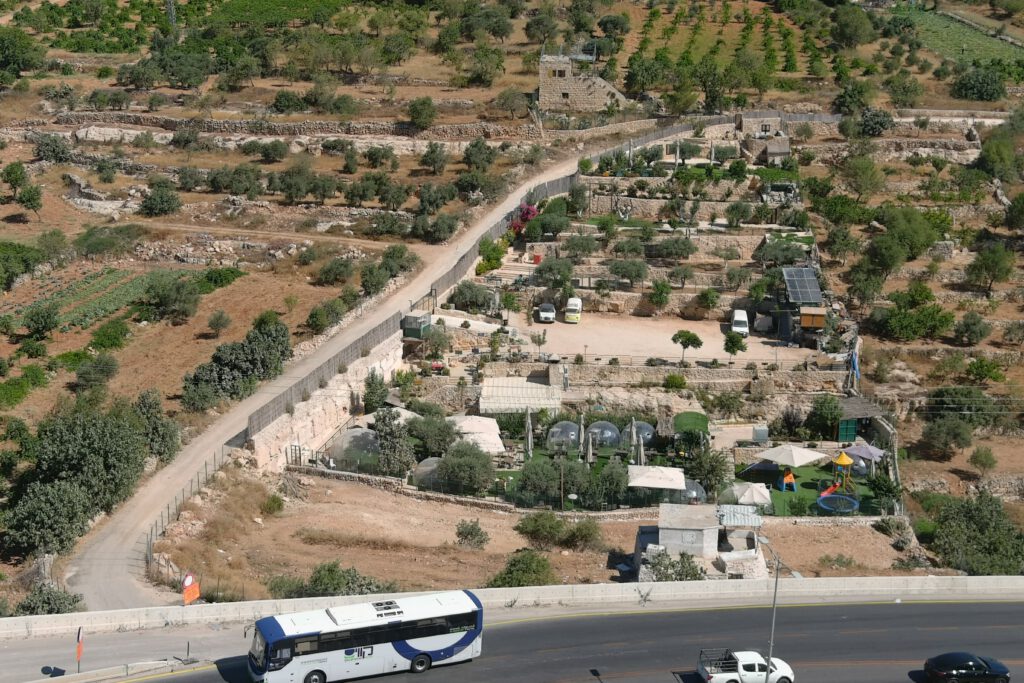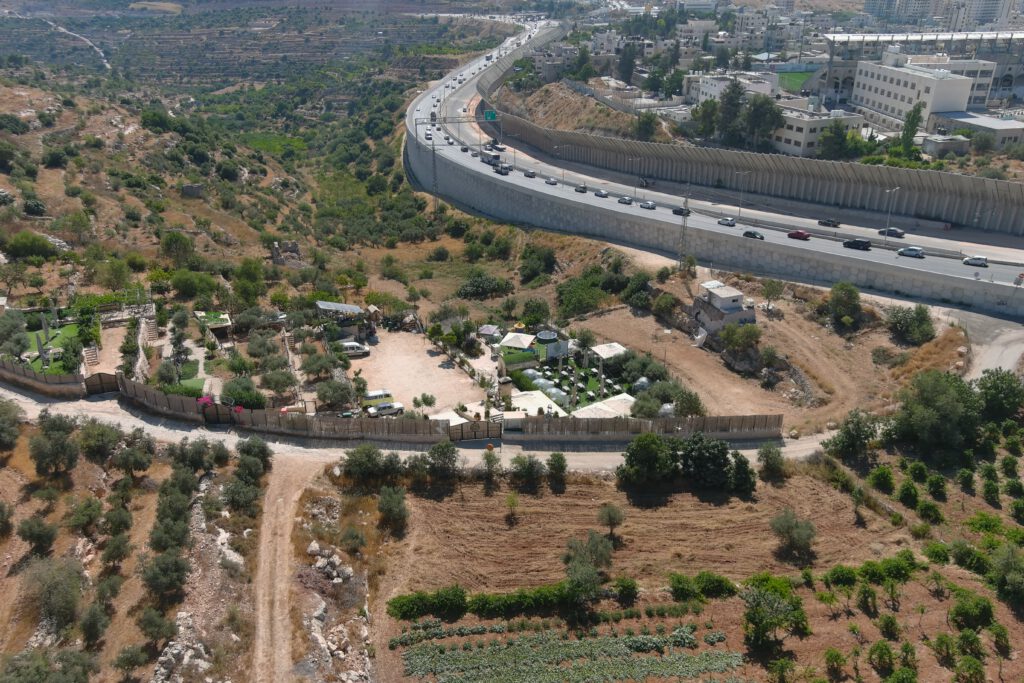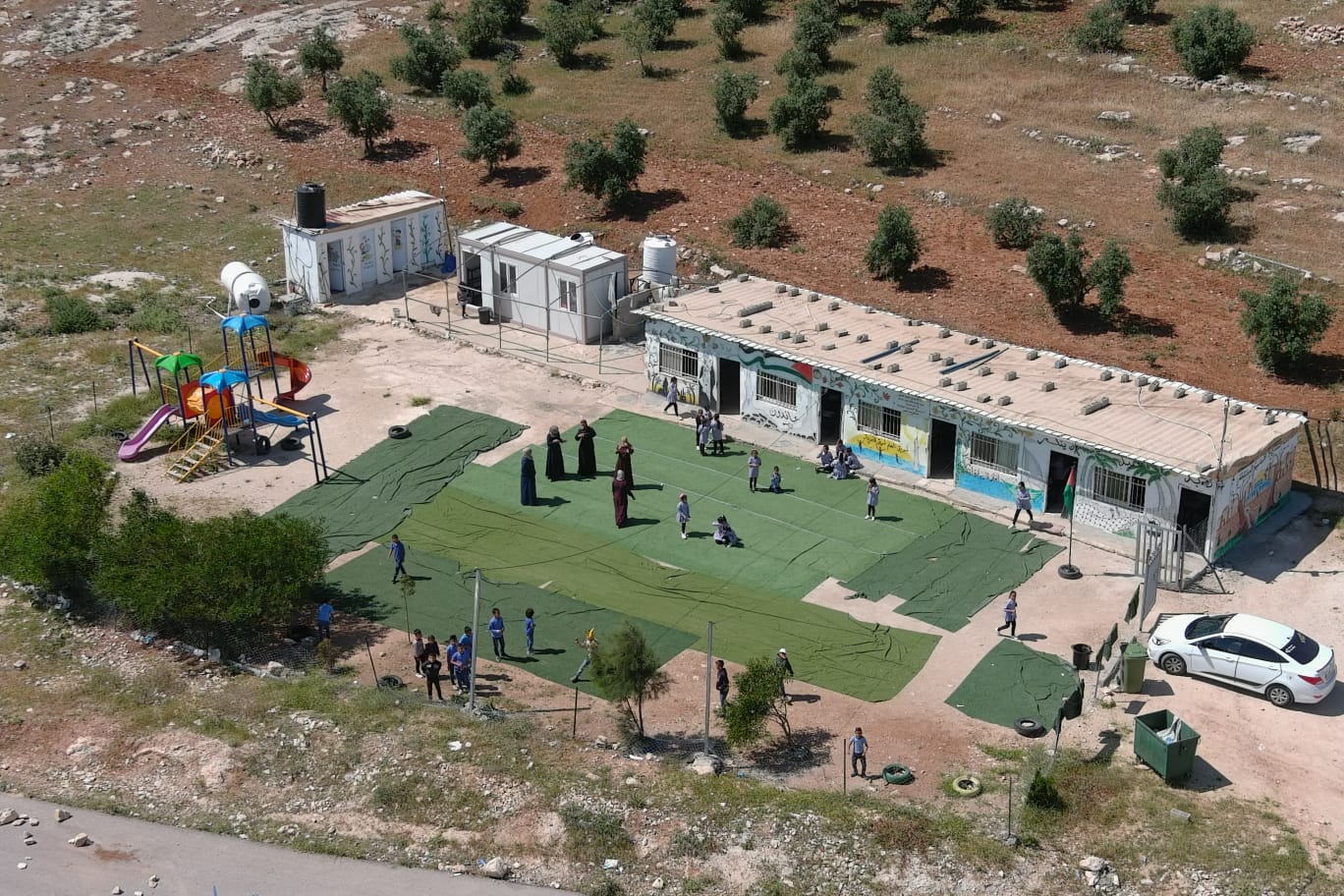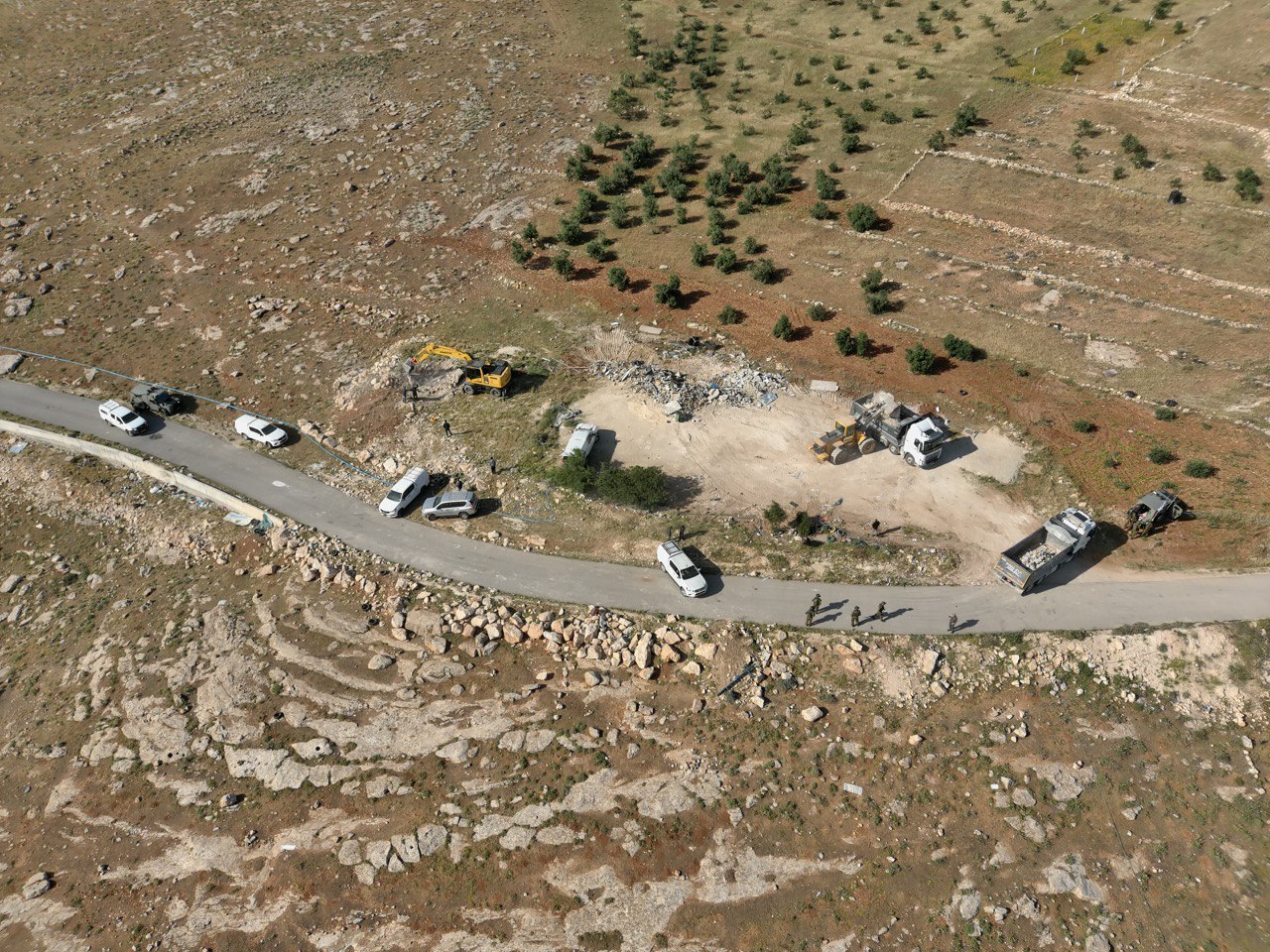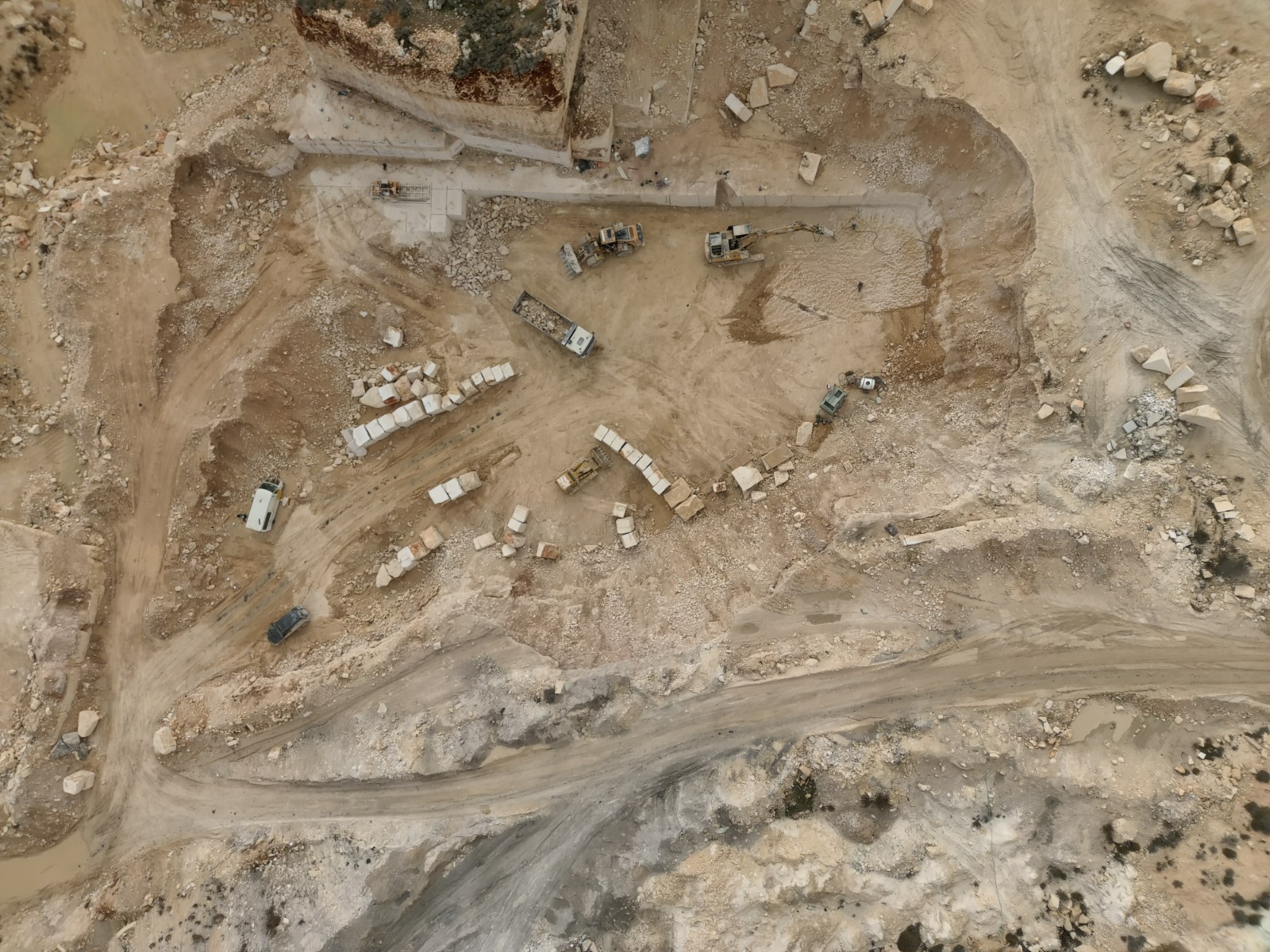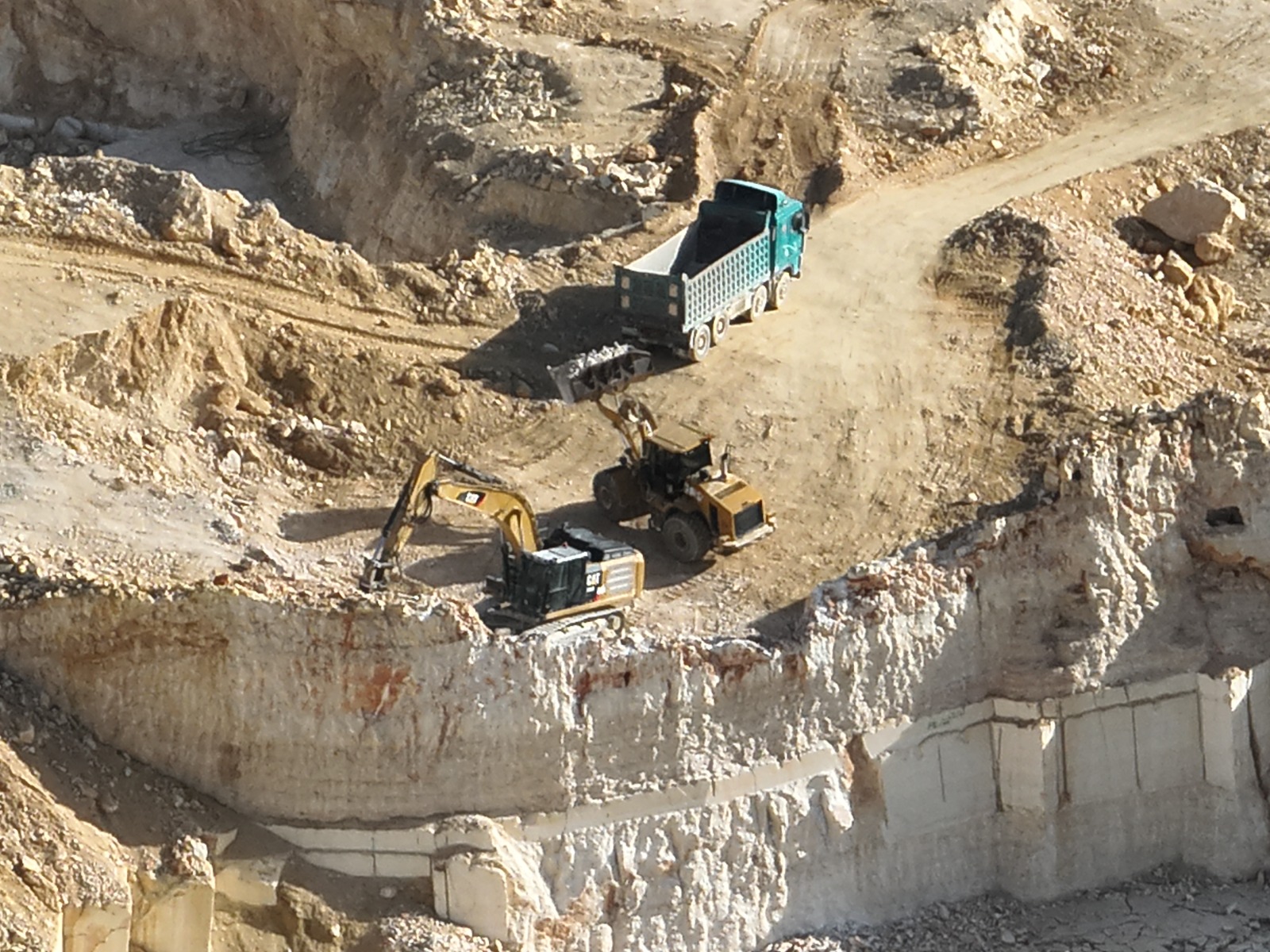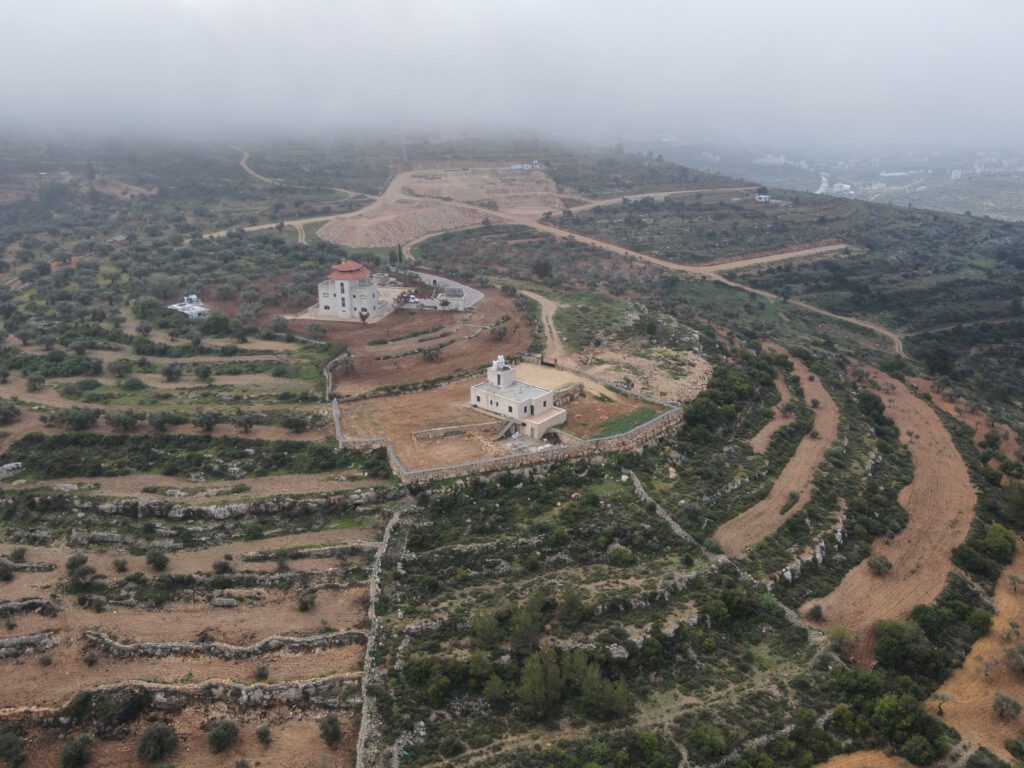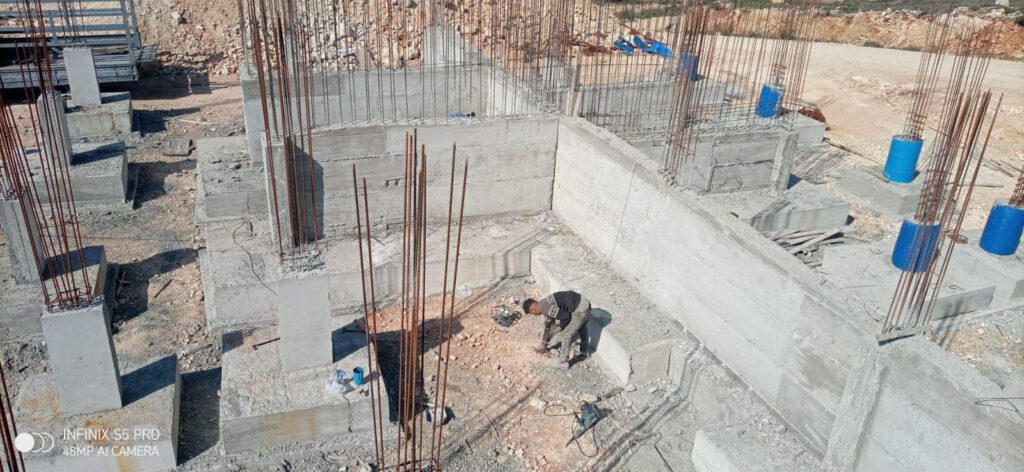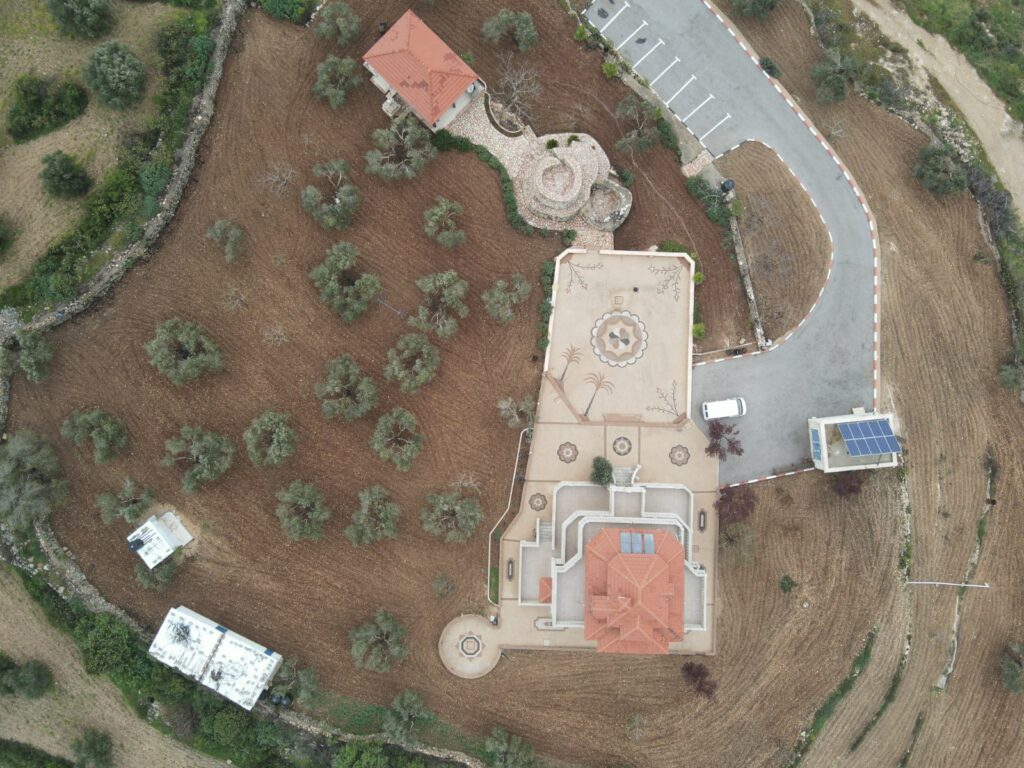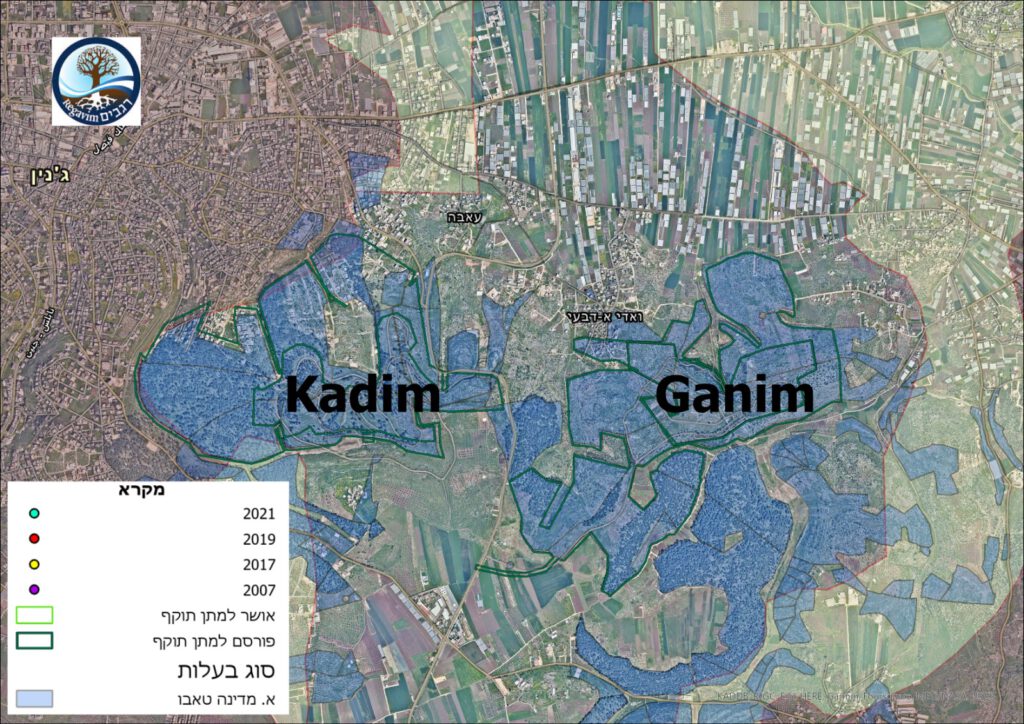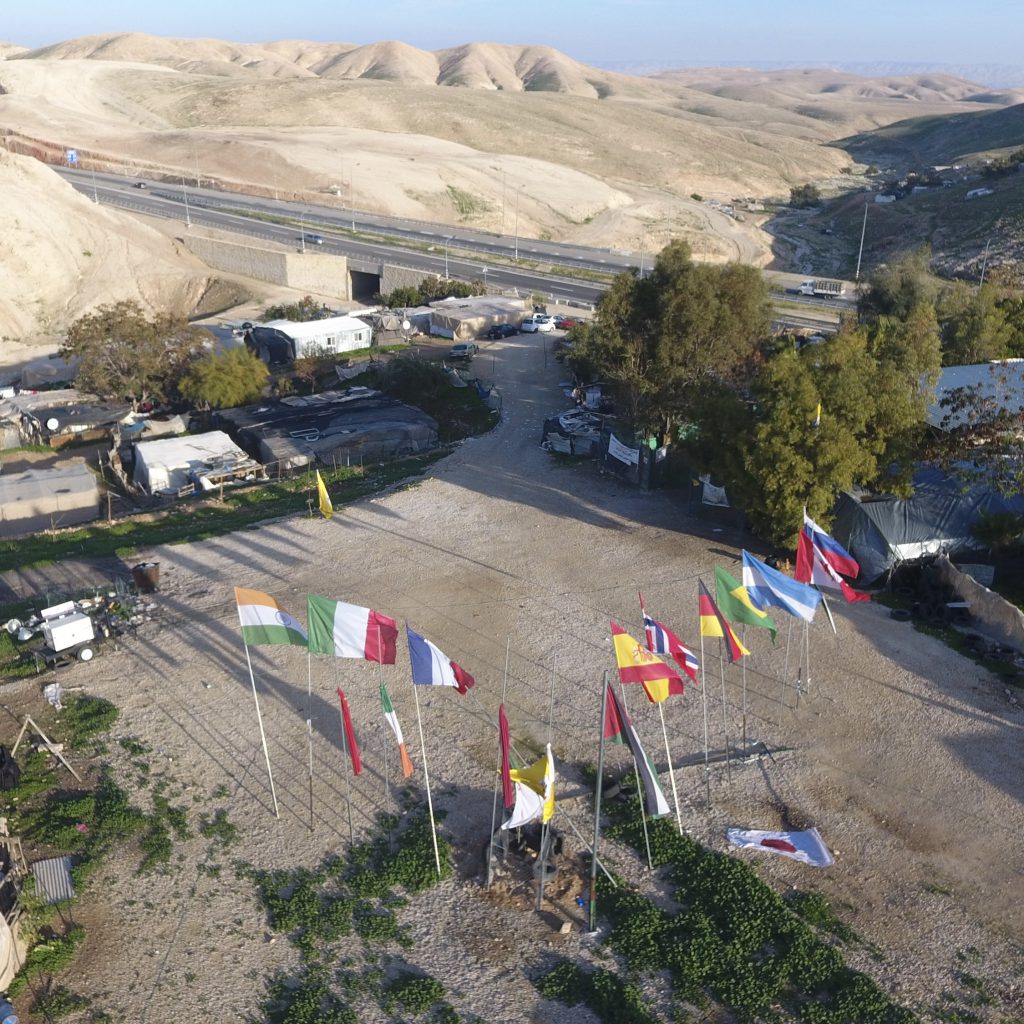
One of the most talked-about topics in Israeli public discourse since the outbreak of the Israel-Hamas war is the collapse of what Israelis call “the conception,” the assumptions regarding the intentions, capabilities and willingness of the Palestinian people and its leadership to wage war. The paradigm that has shaped Israel’s military and political strategy for decades went up in smoke, blood and tears as the horrors of Oct. 7 unfolded.
Since that day, the discourse on “the day after” the war has been awash with statements by experts, real and imagined — every current or past politician, every military has-been, every pundit, every analyst, every taxi driver and talk-show host — on the need to uproot the failed paradigm and correct the wishful thinking vis-à-vis Hamas and the Gaza Strip that led to the massacre along Israel’s southern border.
Unfortunately, the very same paradigm is alive and well when it comes to Judea and Samaria, particularly regarding the day after the war and the feasibility of handing control of the entirety of the disputed territories — Judea, Samaria, eastern Jerusalem and the Gaza Strip — to the Palestinian Authority.
The most excruciating evidence of enduring wishful thinking was brought into focus by a recently-published report by the Regavim Movement, titled “Officers by Day, Terrorists by Night,” which exposes the Palestinian Authority’s involvement in acts of terrorism perpetrated against Israeli citizens and soldiers.
The PA’s ongoing and ever-expanding payroll of terrorists is perhaps the most infamous aspect of its shameless support for terrorism, but it is far from the only one. Aside from being a violation of the very core of the Oslo framework and a betrayal of the PA’s mandate, this brazen support for murder makes US support for the PA illegal, as per the Taylor Force Act (H.R. 1164, S. 1697), passed by Congress in 2018 with the express purpose of conditioning all US aid to the PA on it ending its “pay-for-slay” policy.
In an Orwellian masterstroke, this week PA representatives are in Washington, D.C., working with administration officials to “redefine” the flow of funds in order to circumvent the Taylor Force Act. Payments to the families of eliminated terrorists are to be categorized as “support for Palestinian families in crisis.” The incentivization of terrorism will continue, but will be recast as humanitarian aid.
As if that weren’t bad enough, “Officers by Day, Terrorists by Night” exposes another level of institutional terrorism in the PA, detailing acts of terrorism committed by those already on the PA payroll. Members of official branches of the Palestinian security framework play a dual role; on the one hand, they serve in the policing and security entities tasked with prevention and eradication of Palestinian terrorism, while at the same time, many of these same officers are themselves perpetrators of unspeakable acts of terrorism against Israeli civilians and security forces.
The report’s findings have been reinforced in the two weeks since its publication, as PA Security Force officers have carried out additional terrorist attacks — including machine-gunning a school bus full of children, shooting up a vehicle and wounding two far-left “peace activists” and, in another incident, evading a five-hour Israel Defense Forces manhunt after wounding seven Israeli civilians.
Although senior Fatah and PASF officials have already made it very clear that members of all branches of the Palestinian security system are actively involved in the struggle against “the occupation,” and take great pride in the large and growing number of “martyrs” and prisoners from among their ranks, key members of Israel’s political and military decision-making elite refuse to so much as entertain the possibility that the PA may turn its guns on Israel in the foreseeable future. Let alone admitting that this is not only the current reality, but has been the case since the moment the PA and its security apparatus were created under the Oslo Accords.
The notion that on the day after the war the very same Palestinian “security mechanisms,” which are actually terrorist mechanisms, will bear responsibility for Judea and Samaria, as well as for the Gaza Strip, is the definition of insanity. The PA and its “security” mechanisms see themselves as the executive arm of the jihad, entrusted with the dual mission of conquering Israel and eradicating the Jewish people. The unequivocal words, the murderous actions and the pay-for-slay policies of the PA leave no room for doubt or denial.
To believe any statement to the contrary, made in service of any other interest or by any other “authority,” is tantamount to burying one’s head in the sand, and poses an existential threat to the State of Israel and to the moral underpinnings of peace-loving democratic societies worldwide.







